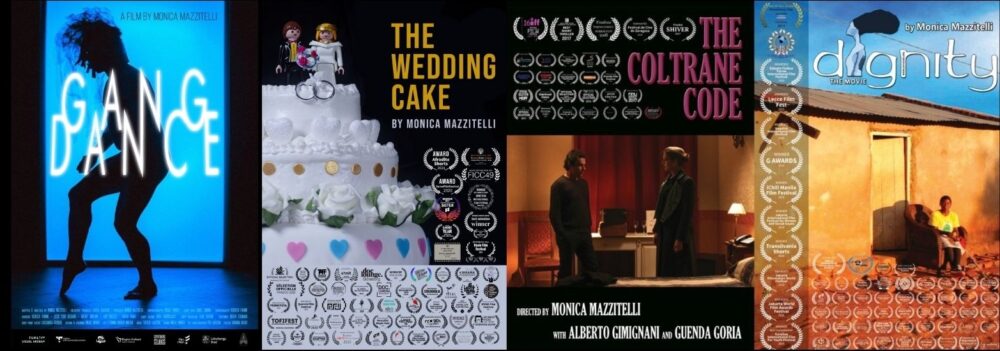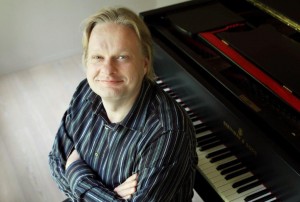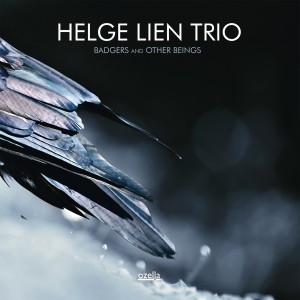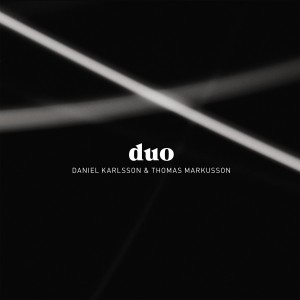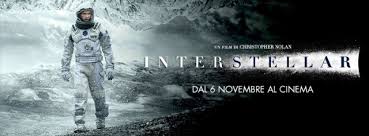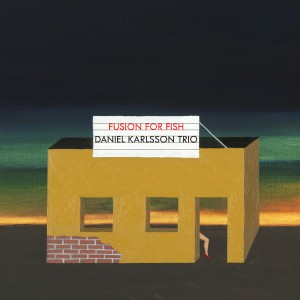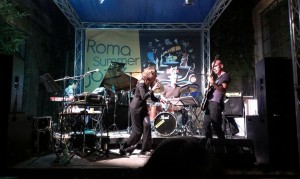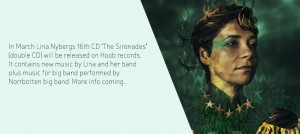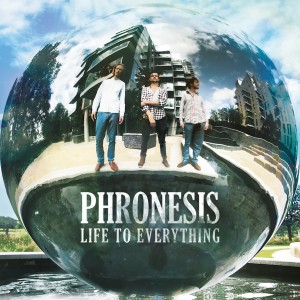 Phronesis is one of the few European new jazz bands about which music critics of any generation are in almost total agreement, as has been noted in most of the major rankings of 2014. And their most recent work, Life to Everything, is a further leap forward in the already consolidated production of this group, whose leader is the magnificent Danish bassist Jasper Højby, also the composer of all the tracks in the band’s first two albums, and of most of the previous one. In Life to Everything, however, the boys shared the composition equally, each one responsible for three pieces. Most certainly, the band’s secret lies in the exceptional musical and personal balance of an ensemble in which each element stands out on its own so much that it is never subordinate to another, in an eternal playful game of tag. It is quite incredible: they always rise to each other’s heights. Not that in other bands the leaders crush the others, but Phronesis deploys not only a great pianist, the British Ivo Neame, but also the best double bassist and the best drummer (the Norwegian-Swede Anton Eger) of their generation. Phronesis overwhelms with its pulsating and propulsive style, maintaining a rock band energy that viscerally touches the listener, especially when live. This is why their album was recorded live instead of in the studio: it bears that seal of emotional contagion. No coincidence that the title of the album is the ending of a Plato quote, which is displayed on the CD cover: "Music gives a soul to the universe, wings to the mind, flight to the imagination, […] and life to everything".
Phronesis is one of the few European new jazz bands about which music critics of any generation are in almost total agreement, as has been noted in most of the major rankings of 2014. And their most recent work, Life to Everything, is a further leap forward in the already consolidated production of this group, whose leader is the magnificent Danish bassist Jasper Højby, also the composer of all the tracks in the band’s first two albums, and of most of the previous one. In Life to Everything, however, the boys shared the composition equally, each one responsible for three pieces. Most certainly, the band’s secret lies in the exceptional musical and personal balance of an ensemble in which each element stands out on its own so much that it is never subordinate to another, in an eternal playful game of tag. It is quite incredible: they always rise to each other’s heights. Not that in other bands the leaders crush the others, but Phronesis deploys not only a great pianist, the British Ivo Neame, but also the best double bassist and the best drummer (the Norwegian-Swede Anton Eger) of their generation. Phronesis overwhelms with its pulsating and propulsive style, maintaining a rock band energy that viscerally touches the listener, especially when live. This is why their album was recorded live instead of in the studio: it bears that seal of emotional contagion. No coincidence that the title of the album is the ending of a Plato quote, which is displayed on the CD cover: "Music gives a soul to the universe, wings to the mind, flight to the imagination, […] and life to everything".
New jazz at the nth power, innovation, groove and a mixture of rhythms, often Latin as well, from flamenco to Afro-Cuban, passing through Brazil.
Continue reading →

